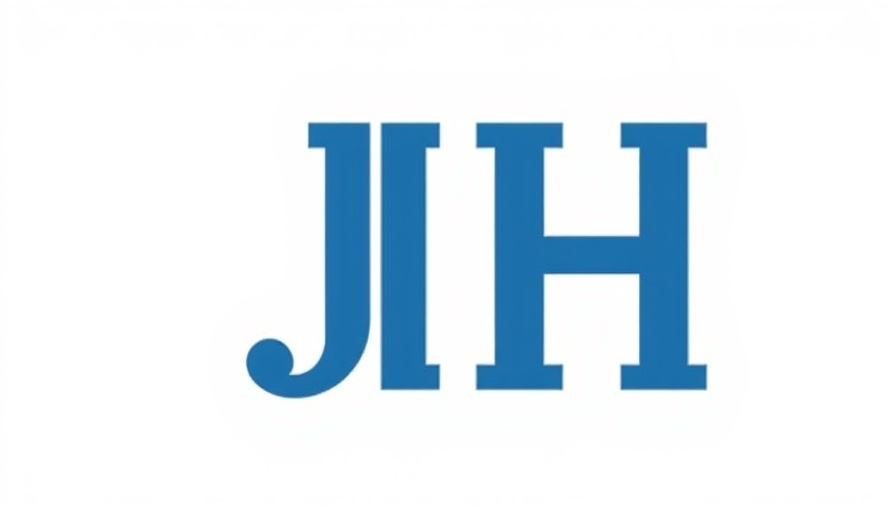
Understanding Alagille Syndrome: A Rare Genetic Disorder Unveiled
Alagille Syndrome presents itself as a rare, genetically inherited disorder that manifests through a variety of symptoms, including chronic liver issues. It is primarily characterized by a paucity in intrahepatic bile ducts, leading to persistent cholestasis. This condition can lead to further complications such as peripheral pulmonary artery stenosis and segmentation anomalies in vertebrae. Patients often exhibit distinctive facial features, eye anomalies, and even renal dysplasia.Symptoms of Alagille Syndrome may emerge at any age, underscoring the need for awareness and early detection. Recent studies suggest fewer than 50,000 individuals in the U.S. are affected by this syndrome, making it a priority for awareness within rare diseases.
Genetic Foundations and Causes
The root of Alagille Syndrome lies in genetic mutations, often referred to as pathogenic variants. These mutations can be hereditary, passed down from parents to offspring, thus stressing the importance of genetic counseling and testing for families with a history of this syndrome. While genetic mutations underpin the disorder, multidisciplinary approaches involving gastroenterologists, hepatologists, and cardiologists are crucial for comprehensive care and management.Future Trends: Innovations in Management and Treatment
Looking ahead, advancements in genetic research hold promising prospects for improving diagnosis and treatment of Alagille Syndrome. Innovations in gene-editing technology may offer new avenues for targeted therapies, potentially addressing the root cause of the disorder. Moreover, increasing patient advocacy initiatives aim to enhance management of this condition through better access to healthcare professionals specializing in genetic diseases and rare disorders.Unique Benefits: Why Awareness Matters
Understanding Alagille Syndrome goes a long way in aiding individuals to manage life with the condition more effectively. For digital nomads, especially, who are constantly on the move, knowledge about such rare diseases is vital for managing healthcare abroad efficiently. Access to international healthcare services that cater to specialized needs can safeguard against potential health challenges. Additionally, this awareness can influence travel insurance and medical preparation strategies, ultimately enriching nomads' safety and well-being on their global journeys.By shedding light on Alagille Syndrome, readers can take proactive steps in ensuring access to the right resources, and perhaps even participate in support networks offering valuable insights derived from shared experiences.
Remember to stay informed and consult professionals when it comes to managing health, especially while traversing the globe.
 Add Row
Add Row  Add
Add 




Write A Comment